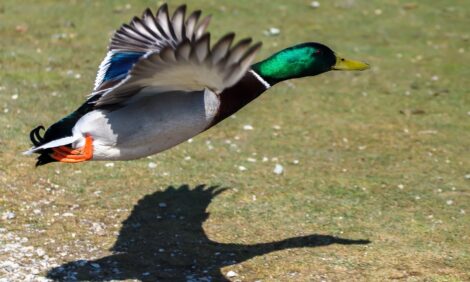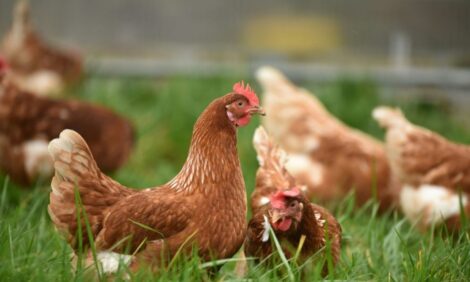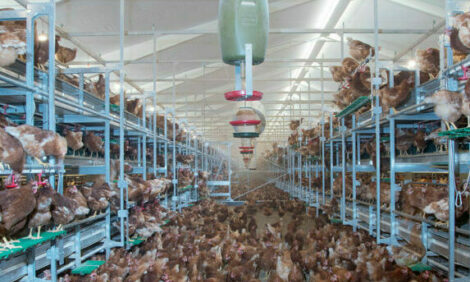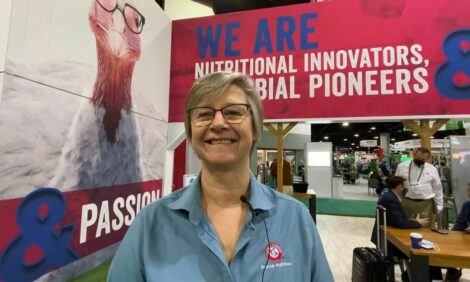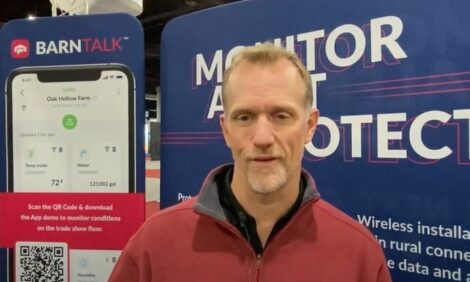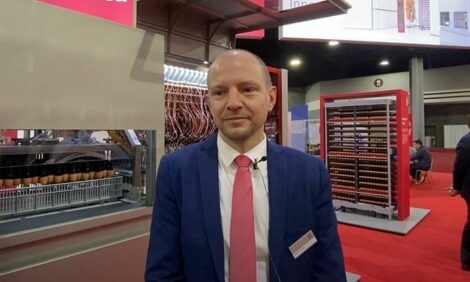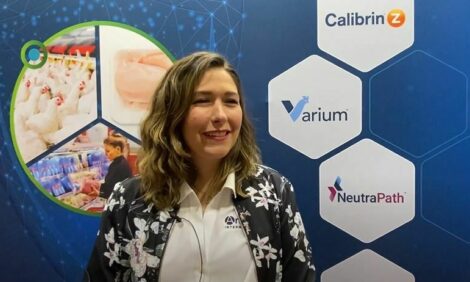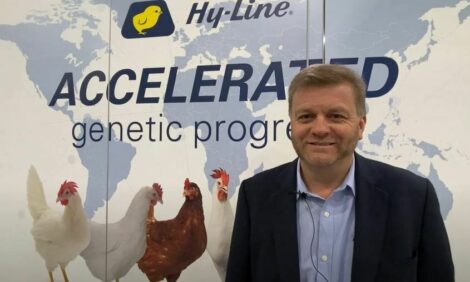



IPPE 2022: Tips to improve animal husbandry
Dr. Rick Phillips, Director, Key Account Veterinarian - Poultry with Boehringer Ingelheim, speaks to The Poultry Site at IPPE about the state of animal husbandry in North America and tips to improve husbandry on the farm.Part of Series:
< Previous Article in Series Next Article in Series >
Speaker 1: Hi, this is Sarah Miel with the poultry site. And today we're here with Dr. Rick Phillips. He is a director key account veterinarian for poultry with Bowinger Ingelheim. So thanks for being with us today, Dr.
Speaker 2: Phillips. Well, I appreciate it. Thank you for your time. Very
Speaker 1: Good. And so we're here today at I P P E in Atlanta. Nice to
Speaker 2: Be back. Yes. I agree. Two years away from it. It's nice to see everyone.
Speaker 1: Definitely. So, uh, let's talk a little bit about animal husbandry and some of the things that [00:00:30] you're seeing in the industry right now, where, where are we at?
Speaker 2: Well, in, in the us, uh, you know, we've, we've moved to environmentally controlled houses years ago. So the majority of the industries, uh, has environmentally controlled houses is it's really unique technology, uh, to, to control 'em. So the husbandry in general is, uh, is pretty good. Uh, but, uh, but the, the, the farms have gotten bigger over time. And, uh, I think put a strain on the contracts. The contracts are the farmers, uh, really the, uh, husband and wife that own [00:01:00] the farms that may anti 'em. Uh, and some, uh, some of these farms are very large. They have, uh, eight to 10 houses that they have to manage. So, uh, so they, they, they can't spend as much time as they used to in those houses and they rely, uh, on the technology to, to manage the airflow, the litter quality. That's very important to the overall performance of the animals. So, uh, I think, uh, as we go in time, we'll start seeing, uh, that shift a little bit where we're bringing more resources to help with that, but also technologies continue [00:01:30] to, uh, advance. Uh, that's helping out with, uh, uh, the conditions in the house that, that, that allows, uh, the animal to flourish a lot better than it has in the past. Very
Speaker 1: Good. And what are some tips producers can do day to day just to improve their animal has been proven.
Speaker 2: Uh, the, uh, the biggest thing is to be in the houses and to monitor closely what's happening with the environment. So the air quality's critical, depending on what time of the year it is, which drives the litter [00:02:00] conditions. So if you can keep the litter dry and air, uh, quality in a good condition, uh, the birds can do very well. A lot of the diseases we see today are considered, uh, primary diseases that are really not, they're really secondary to the stresses of the environment. So if we can keep that air air in good quality temperature where the chick needs it, uh, in the age, it, that it is, it changes and the litter quality, meaning it's dry. Uh, we can see a lot less diseases and a lot healthier chickens, [00:02:30] uh, moving forward.
Speaker 1: So even just focusing on a few key areas, can, it sounds like can
Speaker 2: Make a big difference. Absolutely. A big, big difference. And it's really plain on immune system. So I, I would really focus on immune system. It's transient immunosuppression, so cold, uh, wet litter, all drive, uh, the immunity to, uh, to, to decrease and allow what we call opportunistic organisms to take off. And, uh, and then you have to treat those organisms as if they're primary, but if you, you just spent quality time [00:03:00] on the air and the litter, uh, you can reduce the level of disease, uh, that you see in your operations.
Speaker 1: Very good. Well, thank you so much for all the information
Speaker 2: Today, Dr. Phillips. I really appreciate your time and thanks. Thanks for coming. I P P E. Thanks. This is
Speaker 1: Sarah Michael with the poultry
Speaker 2: Sites. Thank you.








